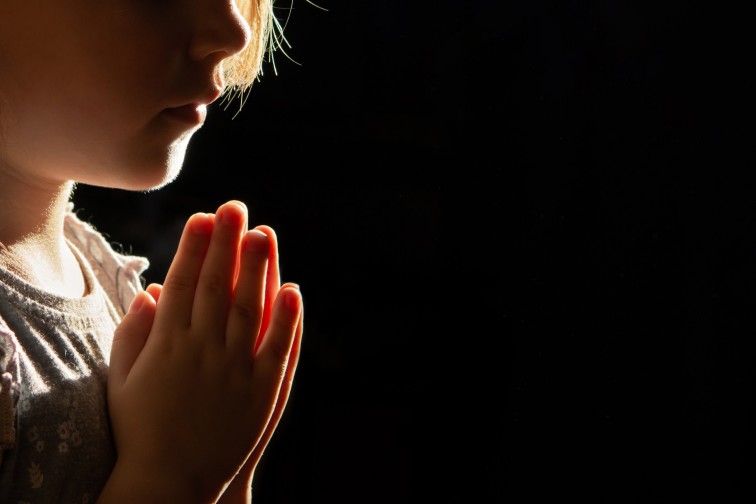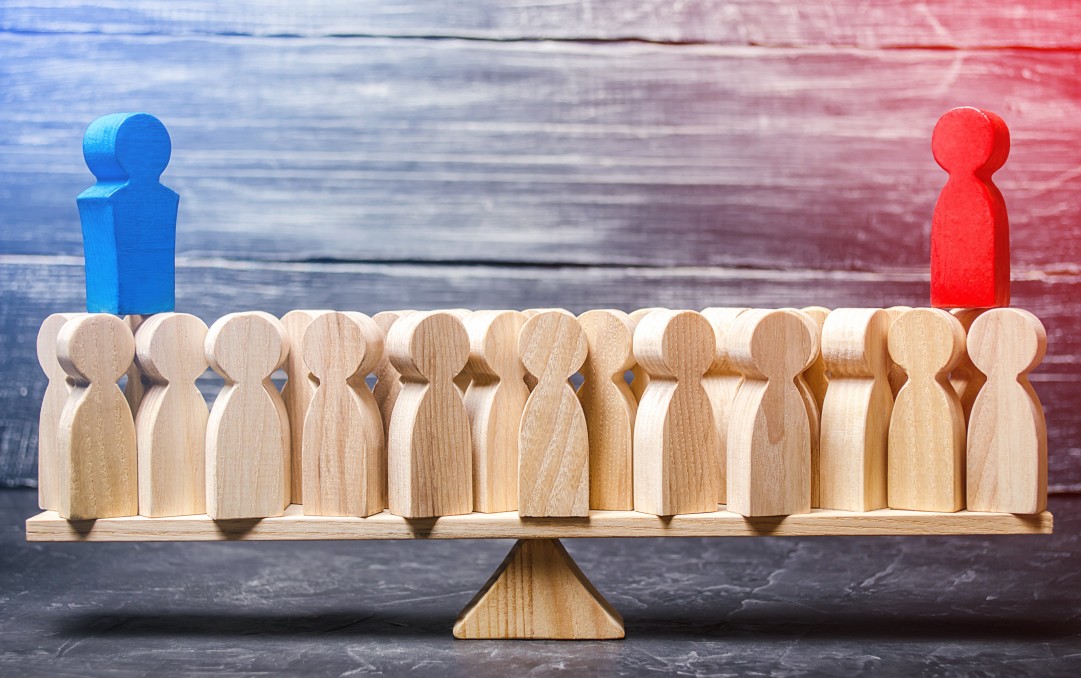A buzz term that seems to continually float around among Millennials is the idea of “fair trade.” And why wouldn’t it? Who doesn’t want to trade fairly with someone else, especially a poor coffee farmer in South America?
If you’re a Starbucks addict like me, then you have partaken of the fair trade coffee trend—in fact, one of Starbucks goals is to make sure that 100 percent of their coffee is “ethically sourced” by 2015.
The problem with fair trade coffee is that it completely distorts the market for coffee beans, and ends up hurting poor farmers who aren’t working with fair trade dealers.
Fair trade dealers elevate the price for coffee beans, no matter what the market demand is. When the supply for coffee beans is greater than the demand, the prices go down. This is what has been happening for the past few years. Those farmers have adjusted their crops and tried growing other things in order to make a living instead of relying solely on coffee crops.
[pq]Fair trade coffee completely distorts the market for coffee beans, and ends up hurting poor farmers.[/pq]
Farmers who are involved with fair trade dealers, however, only produce coffee beans. They are protected from the variations of the demand for their product, so they continue to grow more coffee beans. More and more farmers enter into this market even when they should be looking at other crops because the price for coffee beans continues to drop. The market becomes flooded with coffee beans, and the prices for beans outside of fair trade coffee actually drops lower since the market is continually being flooded with “fair trade” coffee beans.
Any system that incentivizes people to produce a good that isn’t being demanded naturally by the market isn’t actually “fair” to them. Instead of helping farmers in South America learn how to farm many different crops and respond to what will actually get the most profits for everyone, a few special farmers who partner with the right people are getting the most money, while the farmers that get left out of the system are being hurt by the very system that was trying to help them. As I’ve written before, good intentions may not always have the best results.
As economist Jay Richards states in his book “Money, Greed, and God: Why Capitalism is the Solution and Not the Problem,” “Paying artificially high prices for some coffee encourages poor farmers to enter or stay in the coffee market when it’s against their long-term interest to do so.”
While buying a cup of fair trade coffee might make us feel good for helping out some unnamed poor farmer, in the long run it hurts more than it helps. And it will only work as long as there are enough people willing to pay the higher price for coffee. The best way to help these farmers is to show them how to cultivate other crops on their land to match with market demand, rather than encouraging them to ignore economics completely.



